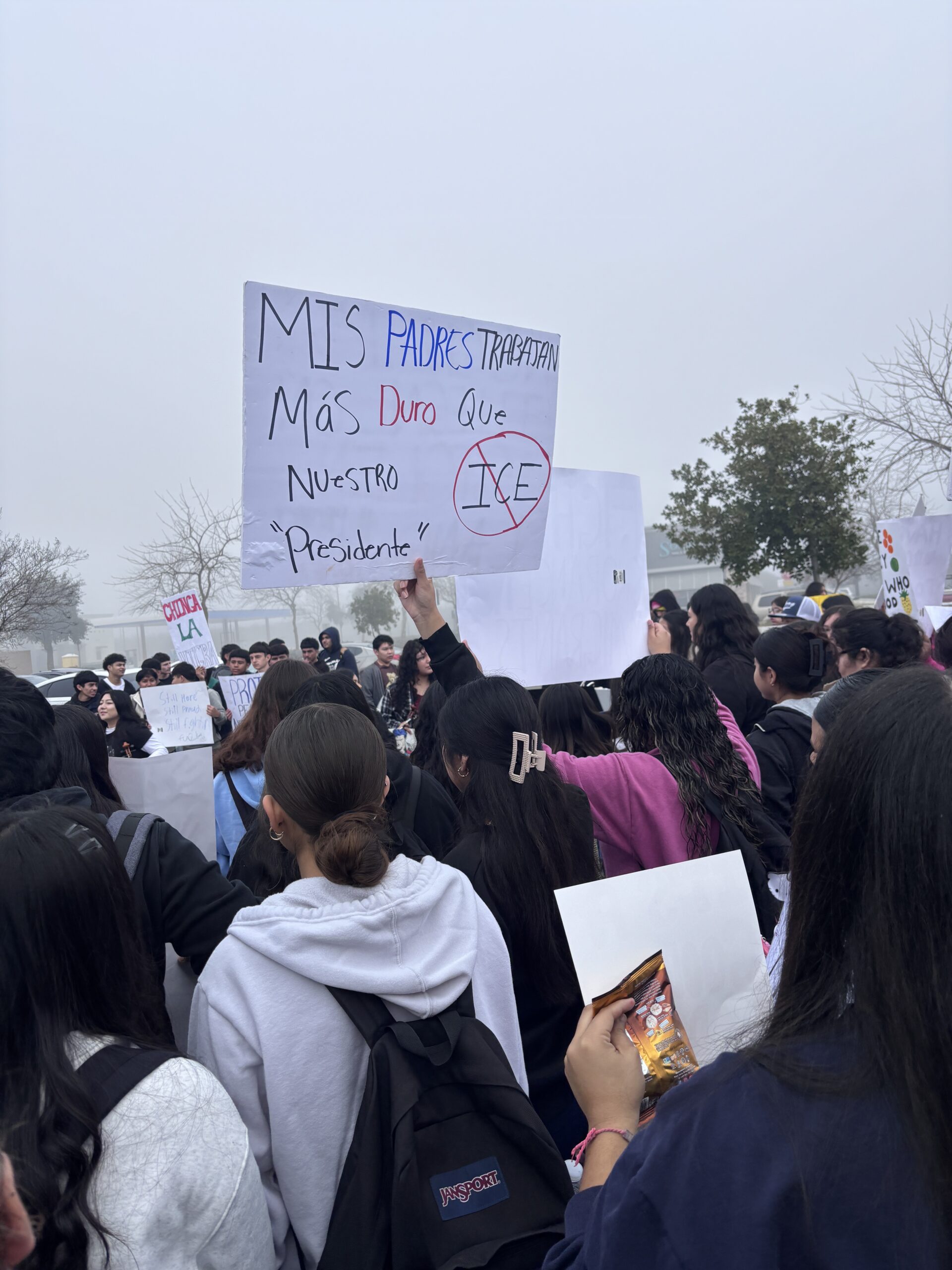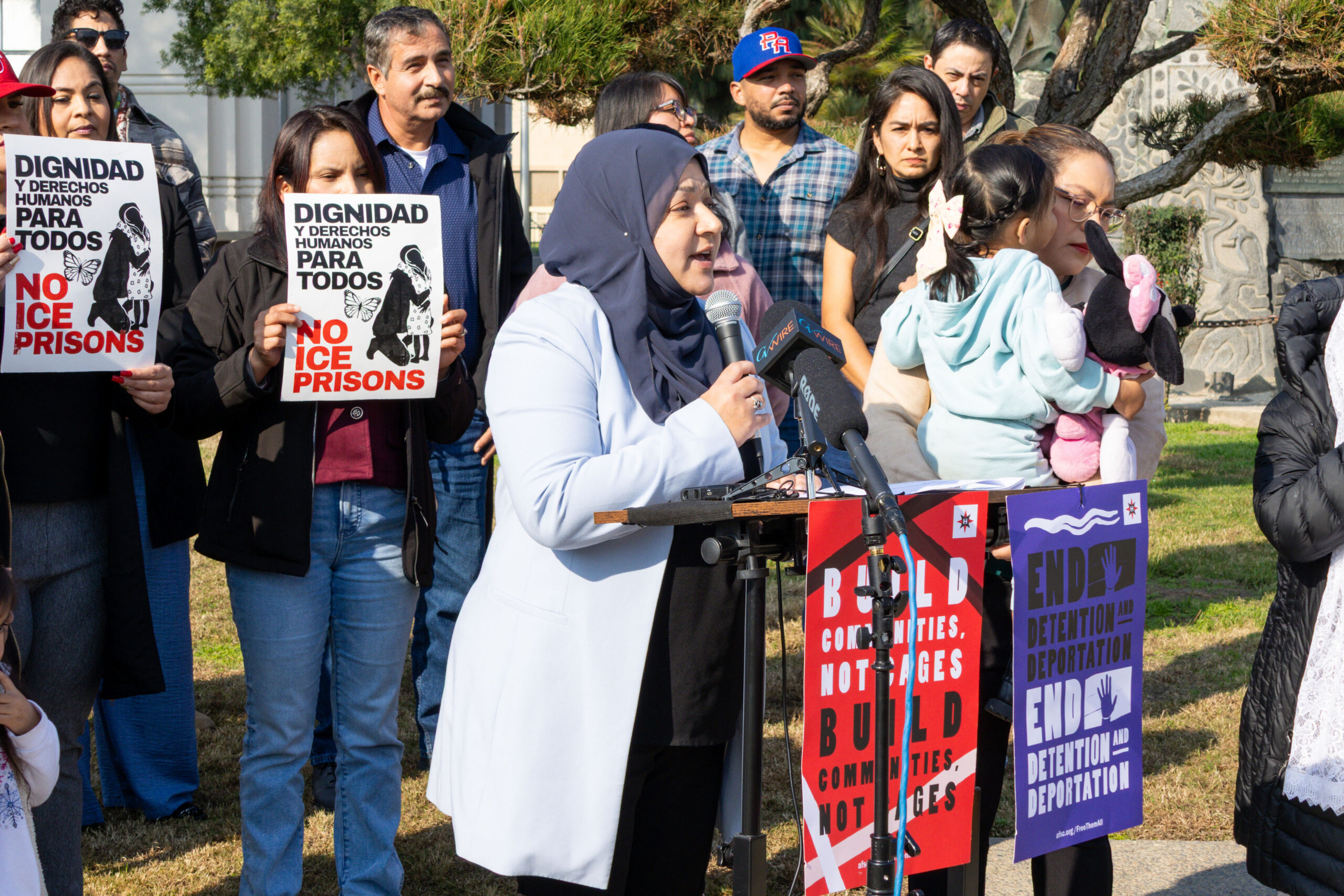![]()
![]()
![]() Some rights reserved by labguest
Some rights reserved by labguest
By Rick Bartlett
[dropcap]One evening,[/dropcap] before I was to lead a youth group, “Brian,” a 14 year old, walked into the room and asked me to explain the theological concept of predestination. We started talking, and I was amazed at the insights Brian shared.The next week I approached Brian for another conversation. I was stunned by his single syllable answers. Had aliens invaded and snatched his brain? I was mystified. Later I learned that Dr. David Elkind calls this behavior “pseudostupidity” – the uncanny habit teenagers have to shift between high level thinking and Neanderthal grunts.
Because adolescent brains are still developing, I believe the systems that deal with adolescents should give kids a second chance.
Recently, a study on adolescent brain development emerged from the research of Dr. Jay Giedd. Reported widely, including on PBS Frontline’s feature, “Inside the Teenage Brain,” Giedd’s findings help unlock some of the mystery of teenage behavior. The so- called “CEO of the brain,” which controls planning and moods is still developing during the teen years. As a teen’s prefrontal cortex matures, his or her ability to exhibit reason or self-control improves.
Until then, normal brain functions can be inhibited. This helps to explain teen risk-taking.
For those of us who work with adolescents, this isn’t new. We know, if put in an emotional situation, many adolescents aren’t always capable of thinking through options; instead, some will likely choose an emotional response over a reasoned one. What is new, however, is the role of science in helping us answer the question “why.”
Going deeper into the arena of immature behavior, British author Katherine Partridge has found that those risky teen behaviors that drive adults nuts — staying out late, shoplifting, drinking, trying drugs —release dopamine and stimulate the brain’s pleasure centers. “Ergo, more risk equals more joy!,” she claims.
[quote]Many teenagers often end up raising themselves without the presence and support of caring adults.”[/quote]For me, these findings reinforce the call for caring adults to engage in the lives of young people. It seems odd that at exactly the time when adolescents need significant personal support to help them navigate the maze inside their brains, apart from teachers, coaches, and youthworkers, many adults check out of their lives. In other words, many teenagers often end up raising themselves without the presence and support of caring adults.
Harvard educator Robert Kegan provides a proposal for how to help teenagers move ‘forward’ in their thinking and practice, in his book “Over our Heads.” He encourages adults to provide teenagers with a balance of challenge and support. This is a critical piece for encouraging young people in the journey toward adulthood. Too much challenge and the young person will feel pressured and depressed when he or she cannot live up to the challenge. Too much support and that same teenager will feel that he or she is not being given room to grow and try things independently. This balance is essential.
As a pastor and former youthworker, I’d like to encourage our community to look for creative ways to help all our adolescents navigate these years by offering challenge and support.
Fortunately, many churches and organizations are working to provide more mentoring for teens. At our church, we’re making efforts to promote mentoring and partnership between teens and adults while celebrating significant passages (drivers license, job, graduation, etc). Teens could also stand to benefit from more programs that provide opportunities for them to serve as apprentices in the workplace.
As adults, let’s work together to better understand teen behaviors so that we can create a vibrant intergenerational community where teens and adults can interact, thrive, and feel supported.
[box_light]With over 25 years experience in youth ministry, Rick Bartlett currently serves as Lead Pastor of Bethany Church in Northeast Fresno and is co-author of Consuming Youth, released this month.[/box_light]


